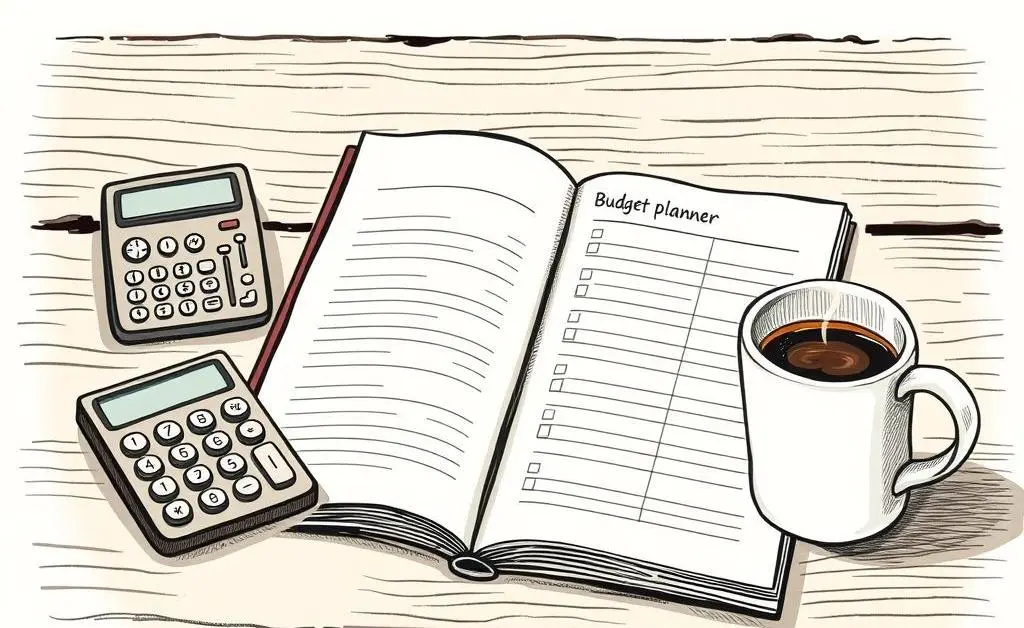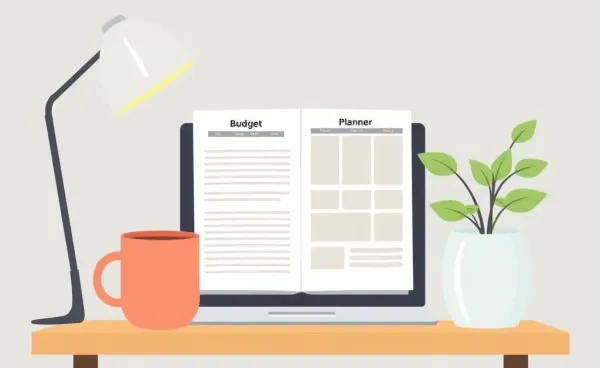What You Need to Know About Ground Rent Increases
Discover practical insights on handling ground rent increases effectively.

Have you ever discovered a clause hidden in your housing contract that you weren’t aware of? Many find themselves surprised by ground rent increases that seem to pop up out of nowhere.
The reality is, understanding the intricacies of ground rent can make a big difference in managing housing costs — and reducing anxiety around unexpected increases.
Why Ground Rent Matters
Ground rent is a recurring payment from a leaseholder to a freeholder, essentially for the land your home is on. While it often starts modestly, it can rise over time due to terms set in your lease agreement, sometimes in ways you might not expect.
Potential Traps and How to Avoid Them
While contracts often contain clear terms, the details can easily be overlooked. The key risks involve:
- Scheduled increases: Typically, reviews happen every few years, and increases could be substantial.
- Unanticipated hikes: In cases where the mechanisms for increases aren’t clearly spelled out, it can be a surprise.
- Impact on saleability: Future buyers may view large ground rent as undesirable, impacting property value.
A friend's tale comes to mind. She once thought she’d nabbed a great flat at a low price. However, the appealing cost concealed a future increase in ground rent that doubled her annual payments within five years!
Steps to Mitigate Surprises
The best way to protect yourself is through awareness and proactive action:
1. Read Your Contract Thoroughly
It might not be riveting, but understanding your lease is crucial. Pay close attention to how and when the ground rent increases are applied.

2. Consult a Professional
Legal jargon can be tricky, so involve a legal advisor or property consultant when reviewing your agreements. This simple step can save you long-term costs and stress.
3. Plan for Increases
Create a budget anticipating potential hikes. Hope for the best, but plan for the "what ifs." This is about being financially prepared, allowing for peace of mind.

Looking Ahead
The world of property management can be intricate, but taking the time to understand ground rent can empower you to make informed decisions.
Have experiences like these altered how you look at lease agreements? Let's continue the conversation.




